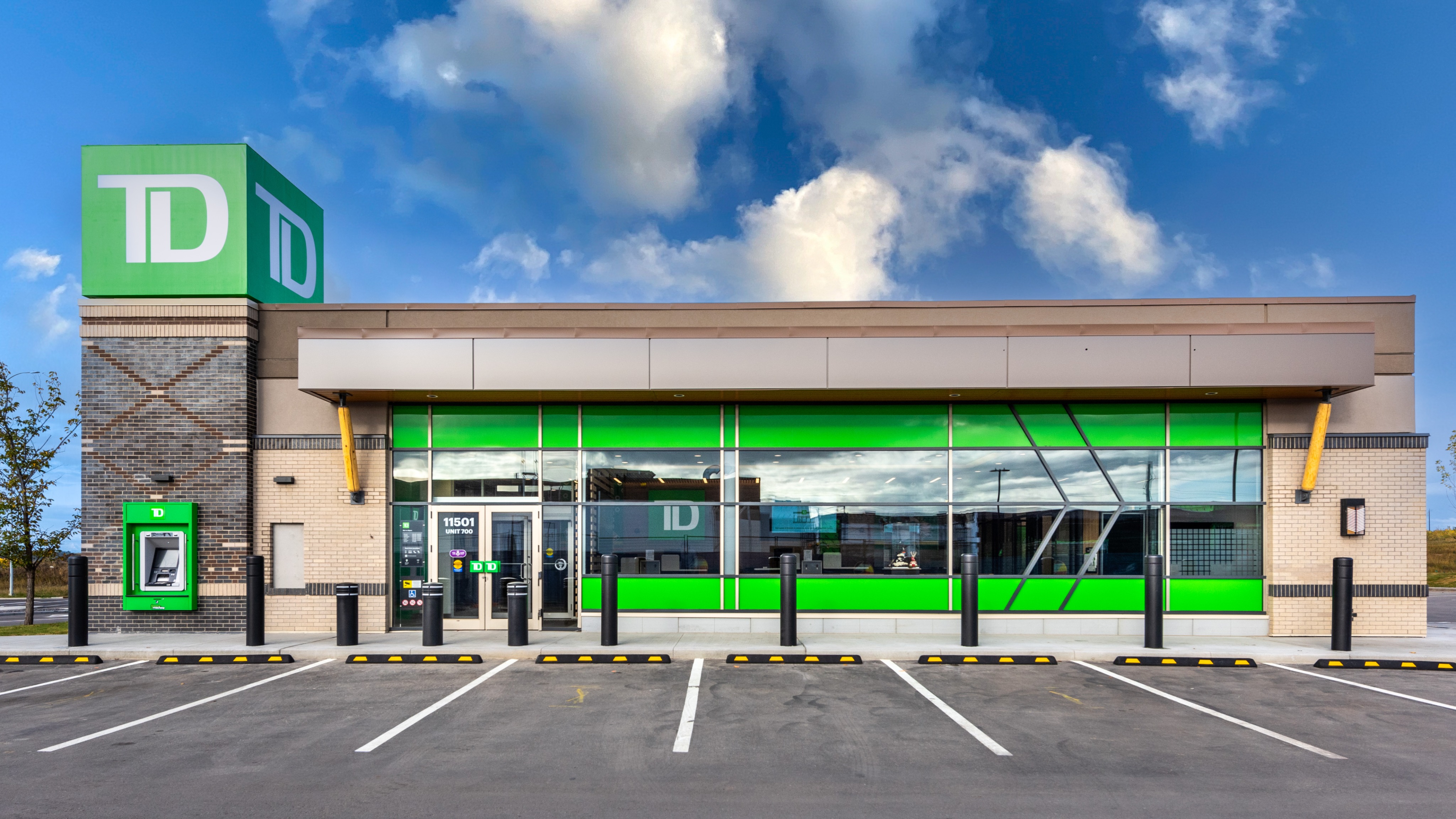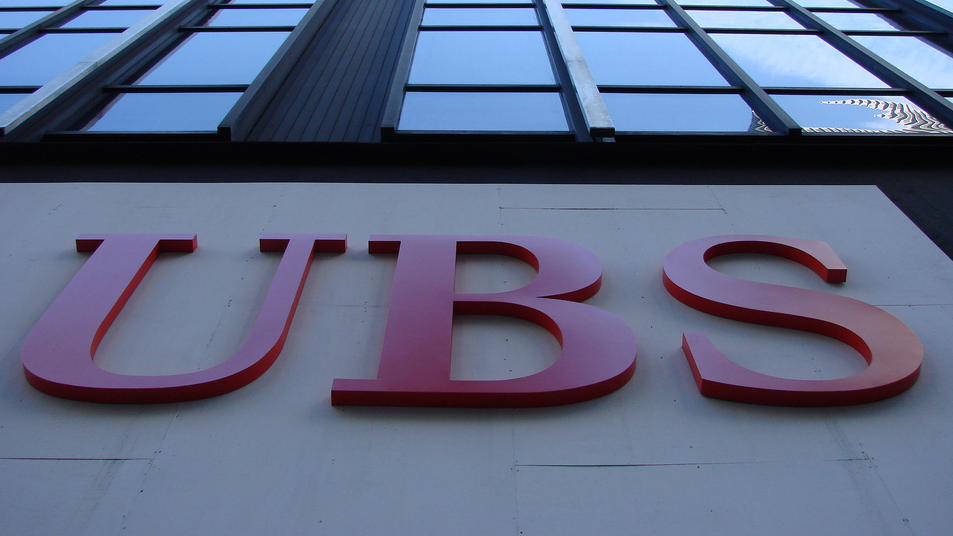One of Canada's largest banks has agreed to pay more than $3 billion in penalties and pleaded guilty to criminal charges in the US after failing to prevent drug cartels and other criminals from laundering hundreds of millions of dollars through its accounts.
TD Bank operated with inadequate anti-money laundering controls for nearly a decade, prosecutors said, ignoring obvious signs of abuse including instances where customers made daily cash deposits of up to $1 million.
The settlement, which includes the largest fine ever imposed under US anti-money laundering law, will also restrict the bank's growth in America.
"This is a difficult chapter in our bank's history. These failures took place on my watch as chief executive officer and I apologise to all our stakeholders," said Bharat Masrani, who recently announced his retirement effective April 2025 after leading the bank for a decade.
The bank said it was taking "full responsibility" and would make "the investments, changes and enhancements required to deliver on our commitments." It has already hired more than 700 specialists to strengthen its anti-money laundering programmes, though it acknowledged the overhaul would take several years.
TD Bank is the largest lender in US history to plead guilty to violations of the Bank Secrecy Act and the first to admit conspiracy to commit money laundering, according to the US justice department.
"By making its services convenient for criminals, TD Bank became one," US attorney general Merrick Garland said at a press conference announcing the charges.
Prosecutors revealed that by 2018, the bank failed to monitor more than 90 per cent of transactions on its network, activity worth more than $18tn. The compliance failures were so well-known internally that staff joked the bank's motto - "America's most convenient bank" - was marketed toward criminals.
In one case, officials said a customer used TD Bank to launder more than $470m in drug proceeds, making large cash deposits and bribing staff with gift cards. The scheme enabled payments from fentanyl users to flow back to drug networks in Mexico and China. In another instance, five bank employees helped issue dozens of ATM cards to facilitate $39m in illicit transfers to Colombia.
The settlement includes $1.8 billion to the justice department and $1.3 billion to the Treasury's Financial Crimes Enforcement Network, plus additional payments to other regulators. The bank will also face independent monitoring for four years.
TD Bank, which serves over 27.5 million customers globally and ranks as North America's sixth-largest bank by assets, saw its shares fall more than 5 per cent following the announcement.
Latest News
-
Gemini to cut quarter of workforce and exit UK, EU and Australia as crypto slump forces retrenchment
-
Bank ABC’s mobile-only ila bank migrates to core banking platform
-
Visa launches platform to accelerate small business growth in US
-
NatWest to expand Accelerator programme to 50,000 members in 2026
-
BBVA joins European stablecoin coalition
-
eToro partners with Amundi to launch equity portfolio with exposure to ‘megatrends’
Creating value together: Strategic partnerships in the age of GCCs
As Global Capability Centres reshape the financial services landscape, one question stands out: how do leading banks balance in-house innovation with strategic partnerships to drive real transformation?
Data trust in the AI era: Building customer confidence through responsible banking
In the second episode of FStech’s three-part video podcast series sponsored by HCLTech, Sudip Lahiri, Executive Vice President & Head of Financial Services for Europe & UKI at HCLTech examines the critical relationship between data trust, transparency, and responsible AI implementation in financial services.
Banking's GenAI evolution: Beyond the hype, building the future
In the first episode of a three-part video podcast series sponsored by HCLTech, Sudip Lahiri, Executive Vice President & Head of Financial Services for Europe & UKI at HCLTech explores how financial institutions can navigate the transformative potential of Generative AI while building lasting foundations for innovation.
Beyond compliance: Building unshakeable operational resilience in financial services
In today's rapidly evolving financial landscape, operational resilience has become a critical focus for institutions worldwide. As regulatory requirements grow more complex and cyber threats, particularly ransomware, become increasingly sophisticated, financial services providers must adapt and strengthen their defences. The intersection of compliance, technology, and security presents both challenges and opportunities.
© 2019 Perspective Publishing Privacy & Cookies













Recent Stories